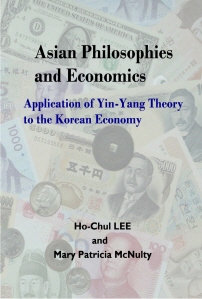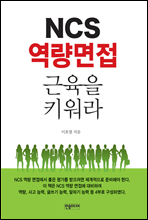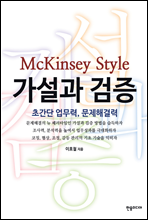
Asian Philosophies and Economics
- 저자
- 이호철
- 출판사
- 아누퍼스트
- 출판일
- 2011-06-30
- 등록일
- 2013-08-19
- 파일포맷
- EPUB
- 파일크기
- 19MB
- 공급사
- 교보문고
- 지원기기
- PC PHONE TABLET 프로그램 수동설치 뷰어프로그램 설치 안내
책소개
The theories of Yin-Yang and Five Elements, East Asian's traditional philosophies, describe the principles of the universe. This book attempts to apply these theories to economics and to the Korean Economy to explain its rapid rise, fall, and recovery.
A balance between opposite but complementary forces, Yin and Yang, ensures social stability and progress. Through repeated re-balancing in order to maintain harmony, the society comes to maturity. Historically in traditional East Asian societies, a philosophical balance was maintained between Confucianism (Yang) and Taoism, Buddhism and others (Yin). In modern societies, the challenge is to find a balance between the traditional systems and Western-style capitalism.
In the modern development history of East Asia, its traditional way (Yang) is characterized by cooperativism/collectivism, moralism, and spiritualism, and the Western way (Yin) of individualism, legalism, and materialism. As international trade has grown explosively and the global marketplace has become increasingly integrated, East Asian culture and systems have keenly felt the need to assimilate to Western traits and have begun to move closer to Western ways in the interest of the country’s economic progress.
Over the past forty years, various aspects of Korean society have succeeded and failed in finding a new equilibrium between traditional culture and international trends, and the society continues to evolve to this day. Korea achieved its rapid growth in the 1960s to 1980s by moving from spiritualism to materialism. It suffered a financial crisis in 1997 when it failed to maintain harmony between cooperativism/collectivism and individualism that had exhibited friction since 1987. As it shifted toward individualism, Korea transformed to an Internet-based society while recovering from the crisis and recession in a short span of time between 1999 and 2000. After an overall success in implementing a series of reform projects, Korea has been tackling its next challenge -- finding a new harmonization between moralism and legalism. Korea’s ups and downs over the past forty years clearly reflect the Yin-Yang principle applied to its economic development.





